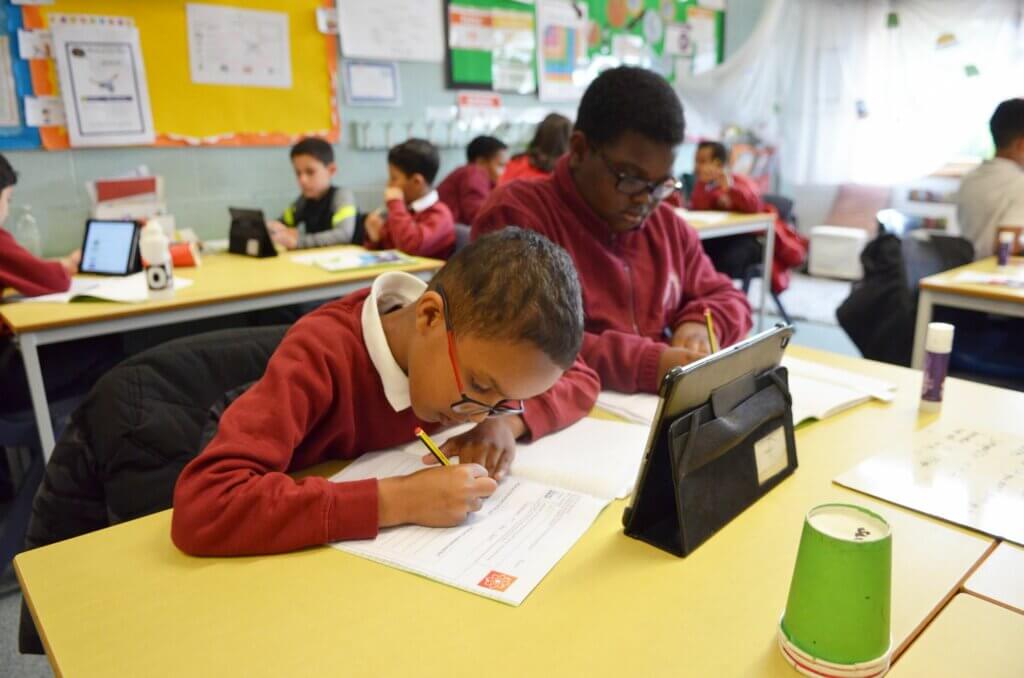Education unions to consult members on new pay offer
Following negotiations with unions, the government has made a new pay offer for teachers. This amounts to a one-off payment of £1,000 this year, and a pay rise of 4.5 percent for the next academic year 2023/24. Unions will now ask members whether to accept or reject the offer.
Leaders have raised concerns about the budgetary pressures this award will place on schools. Whilst the government has said they will fund the non-consolidated £1,000 payment, they are only prepared to fund 0.5 percent of the 4.5 percent pay ward in 2023/24. This means schools will have to find the remaining 4 percent from existing budgets. Ministers believe that the deal will be affordable with the extra £2.3 billion funding that was announced in the Chancellor’s Autumn Statement, in addition to the fall in energy prices.
However, according to the National Education Union (NEU), between 42 and 58 percent of schools would have to make cuts as a result of the new pay award. The NEU recommends that members reject the offer, arguing that ‘schools will continue to be stretched financially, and it is students who will suffer.’
The government’s offer also includes a series of non-pay measures to support school leaders and teachers. This includes requiring Ofsted to provide greater clarity on upcoming inspections; ending the requirement to use performance-related pay; and creating a workload taskforce to reduce working hours. However, the government has also said that if the offer is not accepted, ‘they will revert to the STRB process for the 2023/24 academic year.’ The implication is that the £1,000 non-consolidated payment and the non-pay proposals will be withdrawn if the offer is rejected.
New guidance on generative artificial intelligence in education
With the popularity of tools such as ChatGPT and Google Bard, many have expressed concerns that pupils will use generative artificial intelligence (AI) to cheat on assignments. This technology can respond to prompts in a humanlike way, with the ability to answer questions and complete written tasks. In light of this, the Department for Education (DfE) has released new guidance to help the education sector respond effectively.
In the document, the DfE says schools may wish to review their homework policies and consider their approach to other forms of unsupervised study. Similarly, schools are encouraged to take reasonable steps to prevent malpractice during formal assessments and protect the integrity of qualifications. This echoes guidance from the Joint Council for Qualification (JCQ), which says some coursework must be completed under direct supervision to safeguard against the use of AI.
However, the government emphasises that, along with new challenges, AI also presents new opportunities in education. With this in mind, schools are encouraged to prepare young people for the future workplace and teach them how to use emerging technologies. The DfE says they will continue to work with experts to ensure pupils receive a ‘rigorous knowledge-rich curriculum.’
This aligns with the Education secretary’s statement that AI has the potential to transform the day-to-day lives of teachers. Speaking at the BETT show in London, one of the world’s leading EdTech events, Gillian Keegan said that this technology may be able to support staff with marking and lesson planning, thereby freeing teachers’ time to focus on delivering excellent teaching. With a forward-thinking approach, Keegan says AI can be used to ‘deliver better outcomes for students.’
£5 million grant programme to tackle classroom hunger
Tesco has announced a £5 million grant for schools and academies to tackle hunger in the classroom. This scheme is supported by the UK community charity Groundwork, which recently found that 78 percent of schools are providing food for children from their own budgets. The new programme will ensure schools have the financial support to provide children with access to healthy food, as well as the resources and activities to stay active in school. It is hoped this will boost the mental and physical wellbeing of children and young people. In the first year, 5,300 schools can apply for funding support and successful applications will go to a customer vote in the local Tesco store.
This comes as the Institute for Fiscal Studies (IFS) publishes a new report, showing that 70 percent of children on universal credit are not eligible for free school meals. In England, families on universal credit are only eligible for free school meals if their after-tax income is less than £7,400. Nearly 30 percent of families claiming universal credit are classified as food insecure, six times the rate amongst those not claiming universal credit. However, the current system of means-testing leaves 1.7 million pupils without access to free school meals.
Under the No Child Left Behind campaign, led by the National Education Union (NEU), ministers, charities, business and community leaders have called on the government to expand free school meals to every child in primary school in England. Meanwhile, Scotland, Wales and London have committed to universalising free school meal provision. However, the IFS report shows that extending free school meals to all primary school pupils would cost an additional £1 billion a year. Whilst researchers agree this might have wider benefits for health and educational outcomes, this approach ‘would not directly benefit the very poorest children, who are already entitled to free lunches.’
As we approach the Easter Holidays, we encourage our colleagues to take this as an opportunity to rest, relax, and reflect on your school’s priorities. With highly skilled and experienced professionals, One Education can help you plan for the next steps.
Have any questions? Get in touch. Our team will be happy to help.
Enjoy the spring break and we look forward to seeing you again soon.












